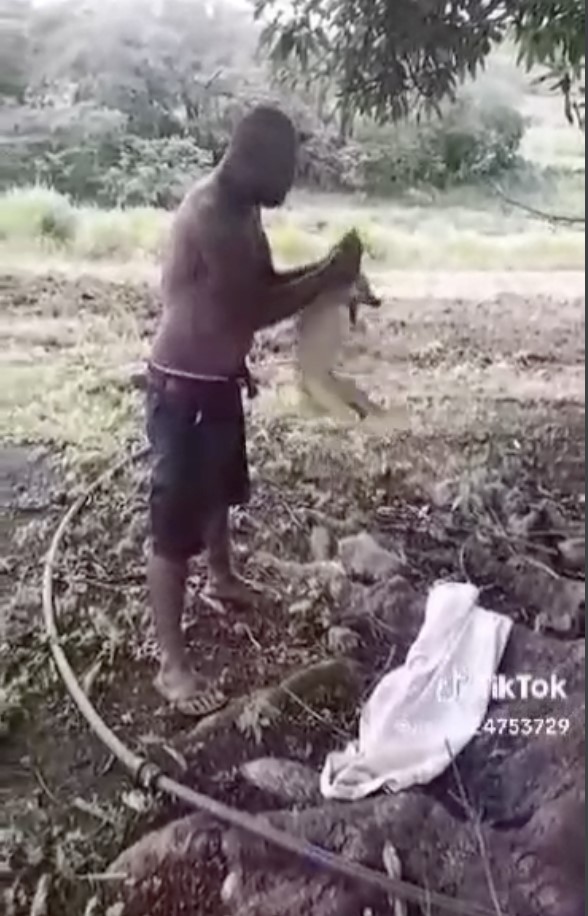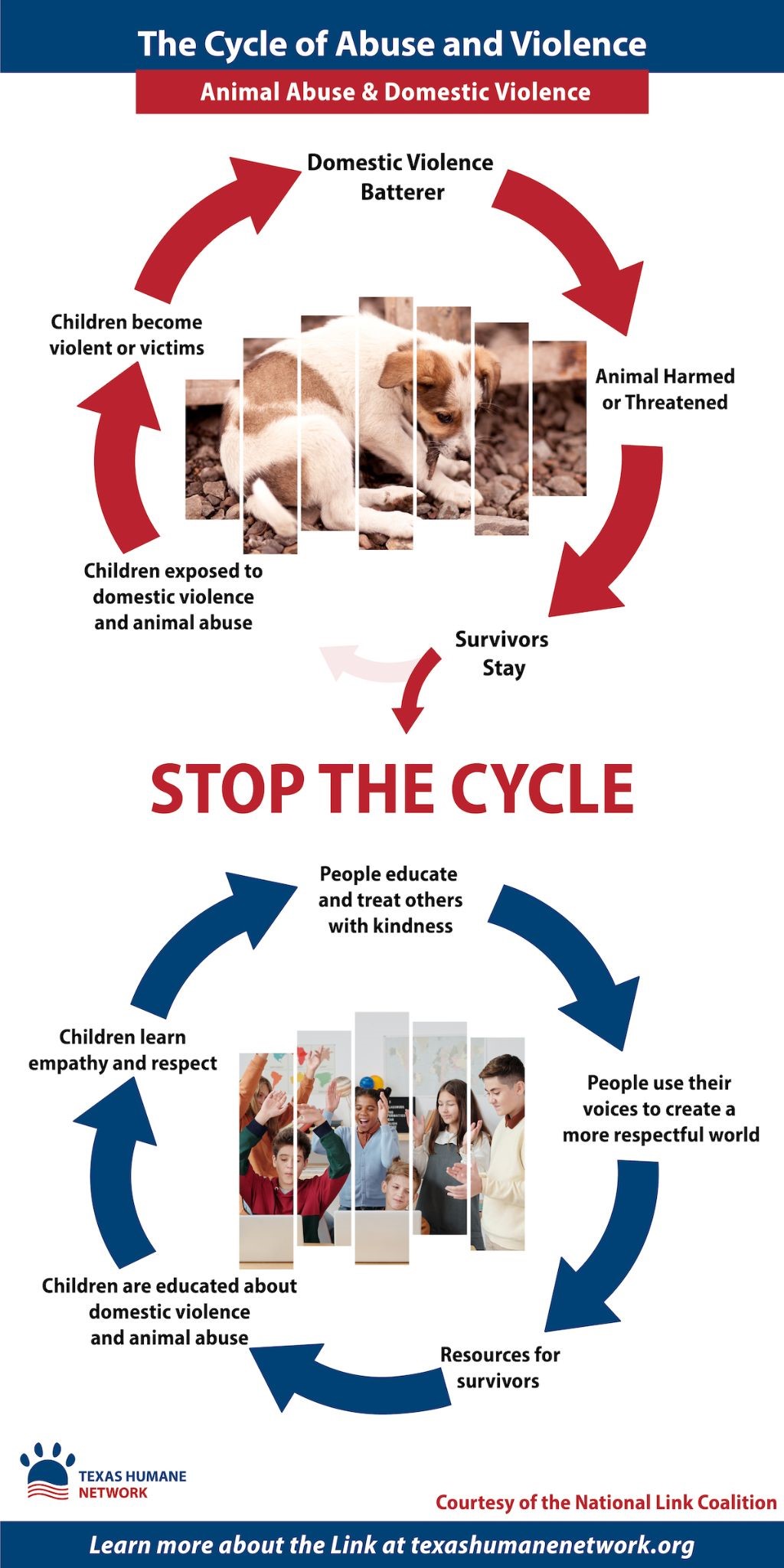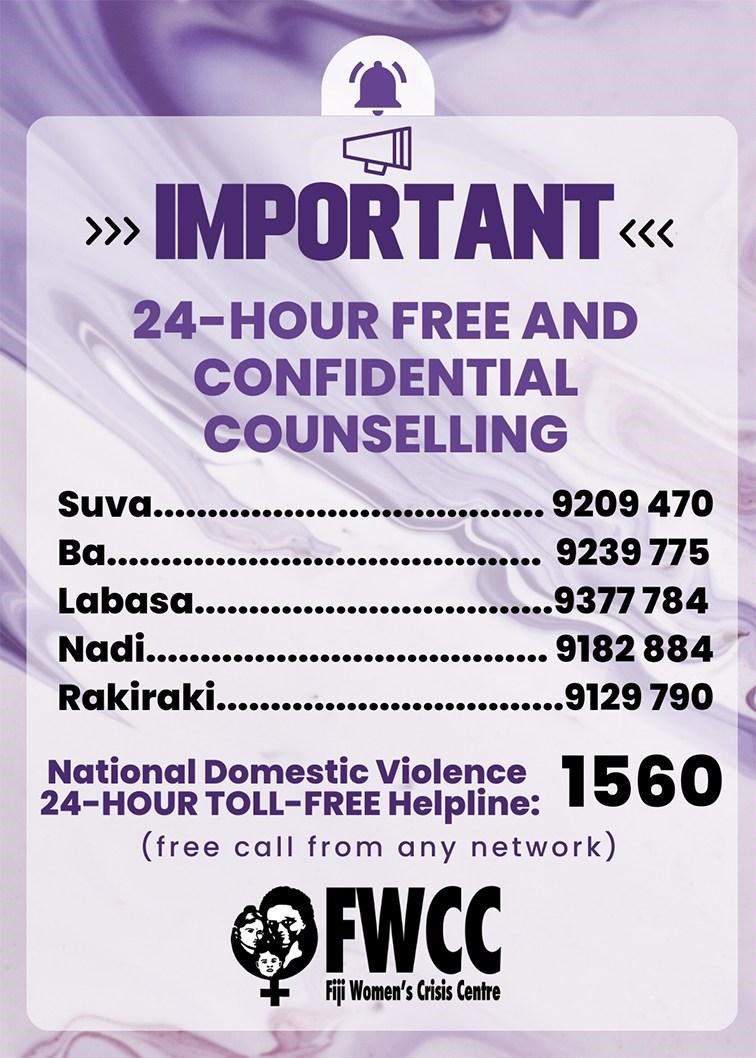There is a troubling connection between hurting animals and harming people. This connection, called "the Link," shows that animal abuse often happens alongside other forms of violence, such as domestic violence, child abuse, or elder abuse. A 1997 study by the Massachusetts Society for the Prevention of Cruelty to Animals and Northeastern University found that people who abuse animals are five times more likely to harm other people.
This shows why animal abuse should be taken seriously—not just as a crime, but as a warning sign of broader violence. A 2022 study called "Animal Abuse as an Indicator of Domestic Violence: One Health, One Welfare Approach"found that cruelty to animals can be both a cause and a result of violence in families. The study pointed to factors like family problems, exposure to abuse, and antisocial behavior as reasons why some people hurt animals. It also stressed the importance of early warning signs, such as the McDonald triad (bedwetting, starting fires, and animal cruelty), as indicators of potential future violence.
Animal Abuse is Illegal
In Fiji, animal abuse is a crime under the Protection of Animals Act. This law is designed to safeguard animals from neglect, cruelty, and harm. However, animal abuse often goes unreported, particularly in situations where it occurs alongside domestic violence. Recognizing and reporting abuse is essential to enforce these laws and protect both human and animal victims.

Social Media Post on 3 November 2024 of a man torturing a puppy. This act is illegal against the Protection of Animal Act. The post has since been removed.
The Situation in Fiji
Fiji is a stark example of how serious this problem can be. According to the United Nations, Fiji has one of the highest rates of violence against women in the world. Two out of three women in Fiji have experienced physical or sexual violence from a male partner in their lifetime. This widespread problem doesn’t just affect individual families—it impacts the entire community.
The Impact on Animals
In many abusive households, pets are also targeted. Abusers often harm or threaten to harm pets as a way to scare and control their victims. Pets are beloved family members, so this kind of abuse causes deep emotional harm to both the animals and the people who love them.
Breaking the Cycle of Violence
Addressing the link between domestic violence and animal abuse requires a team effort. A "One Health, One Welfare" approach, recommended by the 2022 study, calls for collaboration among doctors, veterinarians, social workers, educators, and law enforcement. Here are key actions we can take:
- Training professionals: Police, social workers, and veterinarians need to learn to recognize the signs of both animal abuse and domestic violence. Spotting these signs early can help prevent further harm.
- Raising awareness: Educating communities about the connection between animal abuse and domestic violence can encourage people to report cases and seek help.
- Providing support for victims: Many victims of domestic violence stay in abusive situations because they fear for their pets’ safety. Safe shelters that accept pets can provide a lifeline for both people and animals.
- Strengthening laws: Laws like the Protection of Animals Act should be fully enforced, with tougher penalties for abusers to deter such behavior.

Conclusion
The link between domestic violence and animal abuse is a serious issue that needs urgent attention. In Fiji, where violence against women is alarmingly high, addressing this connection is critical to protecting both people and animals. By adopting a "One Health, One Welfare" approach and taking steps to combat all forms of violence, we can help build a safer and more compassionate society. Animals Fiji helps animals all around Fiji, with clinics in Savusavu, Labasa, Nadi and Lautoka, and they also hold outreach clinics in other areas. There are many ways to make a real impact with Animals Fiji.
You can volunteer your time, foster or adopt a rescued animal, donate funds or supplies, or even sponsor one of the veterinarians. Every contribution helps provide lifesaving care and support for animals in need across the islands. By getting involved, you’re joining a compassionate community working to improve animal welfare and build a brighter future for Fiji’s furry friends. If you want to support Animals Fiji in their work or to find out more about Animals Fiji’s services, contact their Savusavu Clinic at (+679) 998 6253 or Nadi Clinic at (+679) 993 6647 or visit their website at www.animalsfiji.org Additionally, The Fiji Women’s Crisis Center offers 24-Hour FREE AND CONFIDENTIAL counselling. Suva: 920-9470, Ba: 9239775, Labasa: 9377784, Nadi: 918-2884, or Rakiraki: 912-9790 OR 1560 on any network.
